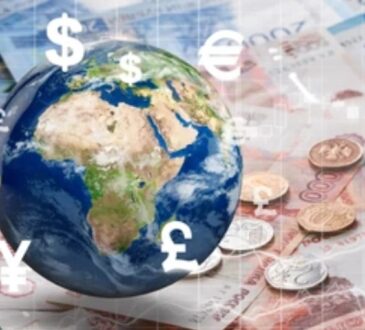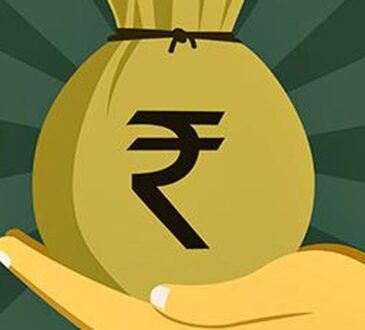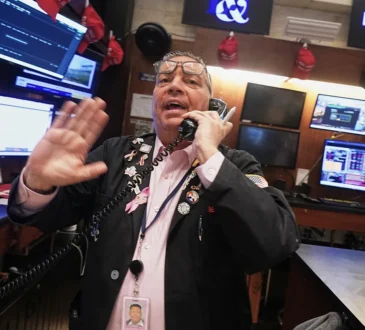The dollar erased this week’s gains on fresh speculation President Donald Trump favors a weaker greenback and will prod other governments to let their currencies rise in return for trade deals with the US.
The US currency extended an earlier decline on Wednesday after a Bloomberg News report that South Korea and US officials discussed exchange rate policies at a May 5 meeting in Milan and will continue to do so.
The won rose nearly 2% and the Japanese yen also climbed, helping to push the Bloomberg Dollar Spot Index down for a second day after it rallied on Monday following the announcement of a temporary truce in the US-China trade war.
Trump and other administration officials have long argued weakness in Asian currencies versus the dollar hand an unfair advantage to the region’s exporters over US rivals, prompting markets to bet foreign governments will need to allow or even encourage strength in their exchange rates if they are to prove successful when trade talks kick off with the US.
News of the US-South Korea talks is “reinforcing market concerns that the Trump administration may be leaning toward a weaker-dollar stance,” said Mohamad Al-Saraf, an analyst at Danske Bank.
A spokesperson for South Korea’s finance ministry confirmed a meeting was held between deputy finance minister Choi Ji-young and Robert Kaproth, the US Treasury’s assistant secretary for international finance, but declined to elaborate further. The Treasury Department didn’t immediately respond to a request for comment outside of regular business hours.
“This is fairly significant and adds to reasons for traders to take bullish bets on the won,” said Aninda Mitra, head of Asia macro & investment strategy at BNY.
The won has strengthened about 5% against the dollar this year amid broad weakness in the greenback.
South Korea was added to a “monitoring list” for foreign-exchange practices by the US Treasury in November, along with China, Japan and Taiwan.
In late 2024, South Korea bought won to stop it weakening against the rising dollar and as President Yoon Suk Yeol’s brief imposition of martial law triggered a selloff of Korean assets.
Earlier this week, Japanese Finance Minister Katsunobu Kato said he would seek an opportunity to discuss currency matters with US Treasury Secretary Scott Bessent if the timing works out when the two are in Canada for a meeting of Group of Seven officials.
Analysts and traders are preparing for more dollar weakness. In the options market, a gauge of sentiment toward the greenback over the coming year rose to the most bearish level since early 2020. Meanwhile, BBH strategists said they continue to treat any dollar relief rallies with skepticism.
“Easing trade tensions have removed a significant headwind on the dollar over the short-term, but the medium- and long-term impact on the US economy will be felt in the coming weeks and months,” Win Thin and Elias Haddad wrote in a note.
—
With assistance from Katia Dmitrieva, Karl Lester M. Yap, Greg Ritchie, Marcus Wong and Alice Gledhill.




